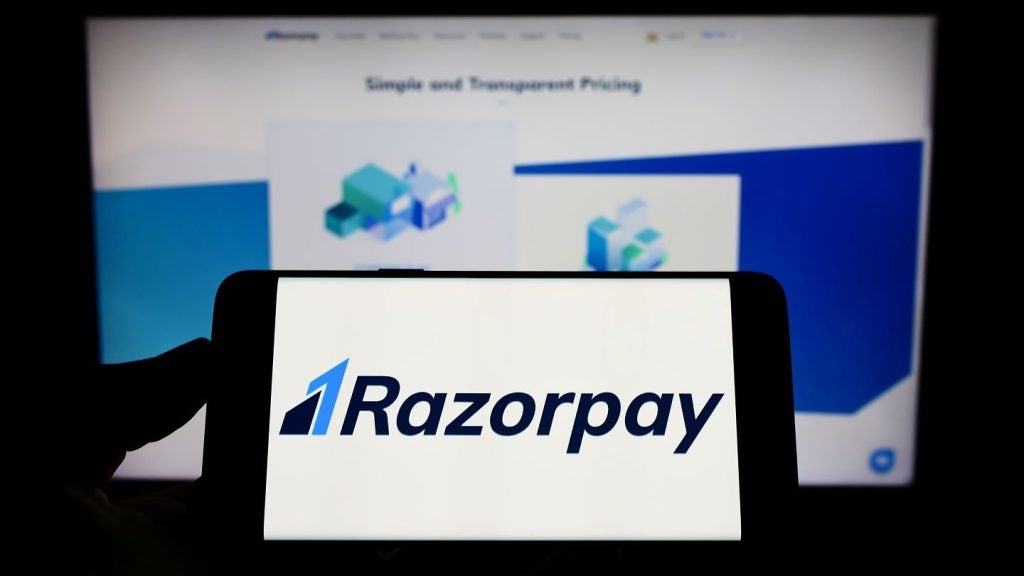Blockchain was to the fore at The Monetary Authority of Singapore (MAS) and Association of Banks in Singapore (ABS) inaugural FinTech Festival. With more than 11,000 participants from more than 50 countries, the festival aimed to promote Singapore as a fintech hub and facilitate collaboration within the fintech community in Asia. Ann Lim reports
Payments was a recurring feature at the festival, as both a topic of discussion at the conference as well as a service offering by participating fintech firms. The MAS also made several key announcements regarding payment initiatives at the event.
The first announcement was that the MAS would be partnering with several parties – blockchain technology company R3, the Singapore Exchange (SGX), payments technology provider BCS Information Systems and a consortium of financial institutions – on a proof-of-concept project to use blockchain technology for interbank payments. The consortium includes Bank of America Merrill Lynch, Bank of Tokyo-Mitsubishi UFJ, Credit Suisse, DBS, HSBC, JPMorgan, OCBC and United Overseas Bank. SGX is a member of the consortium and is the first Asian exchange in R3.
According to the MAS’s managing director – Ravi Menon – this marks the monetary authority’s first step in exploring how they can harness the potential of a digital currency issued by the central bank. He also added that the next phase of the project would involve foreign currency transactions, potentially with support from another central bank. This industry-wide collaboration is aimed to advance Singapore’s vision of a Smart Financial Centre, which was laid out last year and earmarked as an integral part of the city state’s Smart Nation ambition.
Kelvin Tan – SGX’s head of fintech and data – weighed in: “Fintech has the power to transform the face of global financial services as immensely as the internet has changed media, gaming and entertainment.”
Tan added that blockchain technology has the potential to make transactions and processes more robust, transparent and at a lower cost.

US Tariffs are shifting - will you react or anticipate?
Don’t let policy changes catch you off guard. Stay proactive with real-time data and expert analysis.
By GlobalDataApart from that, Menon also announced that the MAS has and will be introducing other fintech-related regulatory initiatives, including activity-based regulation of payments innovations. He noted that some of the most visible fintech innovations are taking place in the payments space: “They are making payments cheaper, faster, better – delighting consumers and giving the banks a run for their money.” However, many of these e-wallet solutions are currently caught under two separate pieces of regulation in Singapore.
Hence, the MAS will streamline the licensing of payment services under a single activity-based modular framework. Moving forward, only one licence would be required to conduct different kinds of payment activities. Also, a licensee would be required to meet only those regulations pertinent to the specific payment activities that it undertakes – rather than the full gamut of payments regulations.
Licensing initiatives aside, there are also a number of infrastructure initiatives underway for e-payments – the ABS is working on two key initiatives.
The first initiative is a Central Addressing Scheme (CAS) that would allow payment using the recipient’s mobile number, national ID number, email address or social media address – all without the need to know the recipient’s bank or bank account number. The second undertaking involves developing a Unified Point-of-Sale (UPOS) terminal that would allow a merchant to accept all major card brands – including those that are contactless or embedded in smartphones.
Menon pointed out that Singapore has a world-class infrastructure for electronic payments in the form of FAST (Fast and Secure Transfers) – a 24/7 real-time interbank fund transfer system. He followed this up with a problem statement: “But it is grossly underutilised and Singapore is still heavily dependent on cash and cheques as means of payments.” This serves as an imperative for ABS to work on the aforementioned two key initiatives to make electronic payments seamless and convenient for everyone.
But the fintech festival is just the tip of the iceberg to grow Singapore’s fintech ecosystem: the MAS recently signed fintech cooperation agreements with India and South Korea to explore joint innovation projects in areas such as digital payments, blockchain, big data and mobile payments – a sign of bigger things to come.







